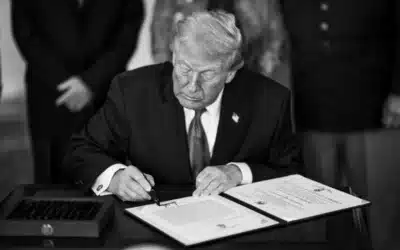According to the head of the Air Force, US troops report their top concern is inflation, not Russia or China. The concern from the troops led the Pentagon to reverse a decision to cut special pay incentives for more complex jobs.
The Federal Reserve reported that year-over-year inflation remained above 8% in August. Food prices increased by nearly 1% during the same month. To combat inflation, the Fed has resorted to raising interest rates, with officials notching them up by .75% at the agency’s past two meetings. They are expected to increase the borrowing rate again at the next meeting.
Increasing the interest rate to lower inflation has proven to be a double-edged sword for middle-class soldiers seeking to buy a home. Mortgage rates are topping 6% for the first time since 2008.
Air Force chief Frank Kendell said he has been speaking with a lot of enlisted Americans and the top concern is rising prices, not being killed by another army in war. “The most common concerns I’ve heard from airmen and guardians about our inflation, housing cost or conditions and childcare,” Kendall said. He continued, “[t]he past several months of inflation has put unique pressures on the finances, and some of our eminent guardians and critical specialties.”
The Department of Defense says it will help troops by not going through with plans to cut some soldiers’ special pay. For more difficult jobs, the program pays troops additional money.
The White House has attempted to claim that rising costs are due to the Russian war in Ukraine. However, inflation was spiking before President Vladimir Putin ordered the invasion. Additionally, most economic disruptions were not caused by the war, but by Western sanctions designed to destroy Moscow’s economy.
So far, the White House-led economic war on the Kremlin has largely backfired. Americans and Westerners are suffering from inflation while the ruble hit a seven-year high this summer. Europeans have seen energy prices spike to historic records that are destroying businesses.
Rather than seeking to curb government spending to reduce the money supply, the Joe Biden administration has pushed several massive spending bills through Congress. In May, the president signed a $40 billion aid bill for Ukraine into law and is now seeking an additional $14 billion for Kiev. The 2023 defense spending bill, moreover, stands at a record of more than $850 billion.

































